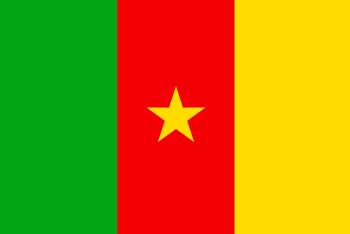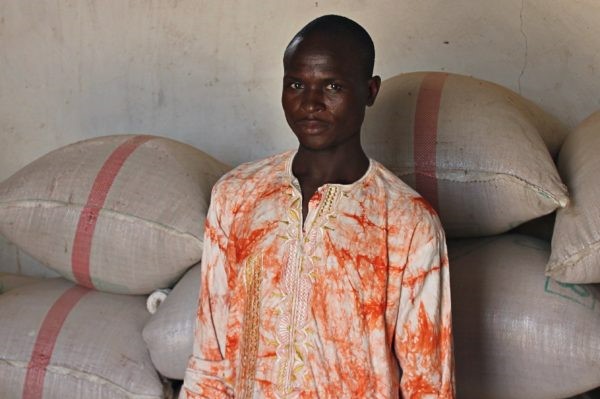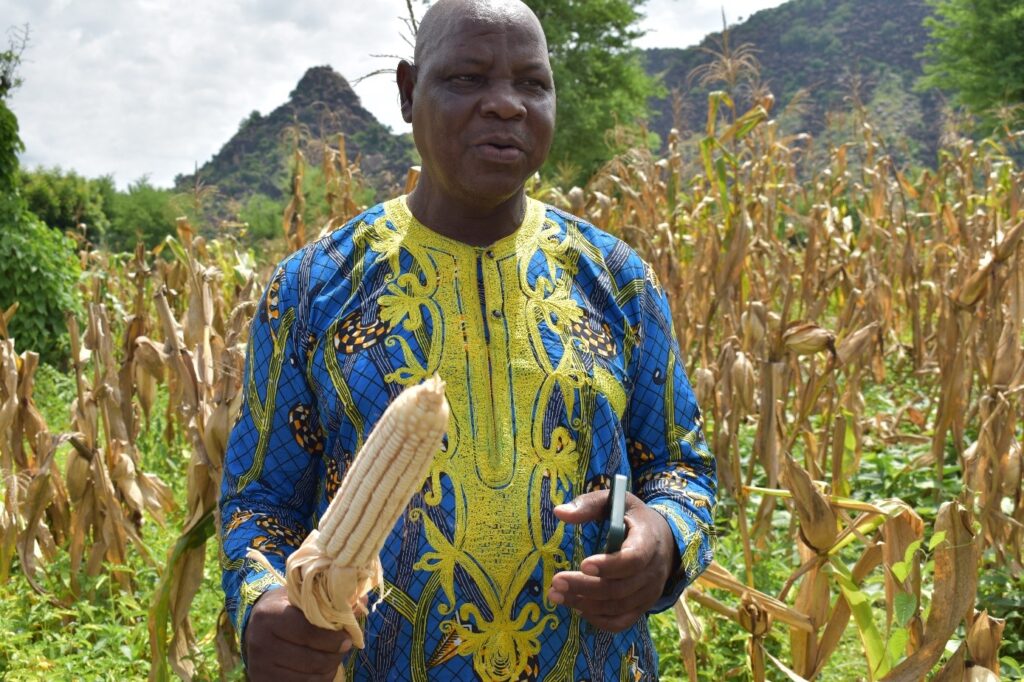 Cameroon Far North
Cameroon Far North
$51,737 needed of $65,000

Implementing Organization
Presbyterian Church (USA)
Program Summary
This program is working in the Far North of Cameroon, the poorest and most populated region of the country. For several decades, hunger and poverty, exacerbated by drought and increased insecurity have been major challenges in the area and have contributed to a massive rural exodus.
In order to reduce hunger and improve food security in the region, the program is promoting sustainable methods for increased food production. Cereal banks are also being started in some villages while existing cereal bank management is being improved in other villages. Local partner RELUFA has over 15 years of experience using cereal banks as a strategy to reduce food insecurity.
Cameroon Far North Program Overview
Waza's Story - Cameroon Far North
Success Stories

Bugs, Begone! With Bio-Pesticides
Villagers are proud of the fact that they successfully thwarted a caterpillar infestation using the organic or “bio” pesticides they’d learned to make. Especially since chemical pesticides had previously had no effect on the destructive insect. They now feel equipped to counter other pests and improve their soil with products they make at home.
Caterpillar attacks have done a lot of damage in recent history. Such infestations, encouraged by depleted soils and other factors, had long been affecting the community’s ability to produce enough food to last all year. Villagers have very little access to markets to buy plant protection products, improved seeds, fertilizers and pesticides, so they were at a loss as to what to do.
Fortunately, local partner Réseau de Lutte contre la Faim (RELUFA) had a plan, and included making organic pesticides and fertilizers in its training and support of appropriate agriculture techniques. A total of 168 people (118 men and 50 women) took part in three different workshops designed to build their capacity to improve their soils and deal with the pests and parasites that often reduce agricultural production.
The bio-pesticides are an alternative to chemical products, which are not only costly in economic terms, but are also harmful to people and the environment and contribute to further soil degradation. Attendees went on to teach the new techniques to their neighbors in 44 villages. Organic treatment is safe for food crops as well as important non-food cash crops like cotton.
Testimonies after the training indicate that the mixtures are quite effective. Food crops like maize and yams, as well as cotton, benefit from applications of composted manure and other organic compost. Such fields are more productive than those that do not receive bio-inputs, and these improvements are visible to the naked eye and beneficial in putting food on the table and money in the pocketbook.
The goal of RELUFA is to help families produce enough food to avoid the hunger months (July through September) by increasing yields such that food needs are covered year-round, and to support cash crops that bring in the income necessary to meet other expenses.
Cameroon Far North Program
Led by Presbyterian Church (U.S.A.) and Local Partner Réseau de Lutte contre la Faim (RELUFA)
